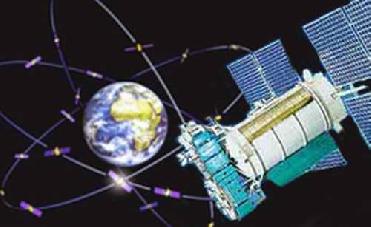
An artist's concept of Glonass navigation satellite. Image credit: RIA Novosti
MOSCOW (BNS): Roscosmos, Russia�s federal space agency has announced that Moscow will put into orbit three Glonass navigation satellites from the Baikonur space centre in Kazakhstan on December 25.
Russian news agency Ria Novosti quoting a Roscosmos spokeperson said on Thursday that the first of the three Glonass (Global Navigation Satellite System) satellites has been delivered to the space center by an Il-76 transport aircraft. "The second and third satellites will arrive at Baikonur in 10 days.��
Roscosmos Chief Anatoly Perminov had earlier said that the number of satellites in the Glonass network would be increased to 30 by 2011.
Glonass is the equivalent of United States� Global Positioning System (GPS) and the planned Galileo, a global navigation system of the European Union (EU).�
Russian Prime Minister Vladimir Putin had signed a directive on September 12, allocating an additional $2.6 billion to develop the system. The development of the programme began in 1976, and India became a partner in 2001.
According to the Central Research Institute for Machine Building, the Glonass system currently consists of 19 satellites, of which 16 are operational, two are undergoing maintenance, and one is due to be withdrawn.
The Glonass system requires 18 satellites for continuous navigation services covering the entire territory of the Russian Federation, and 24 satellites to provide services worldwide. A total of 9.9 billion rubles ($360 million at the current exchange rate) was allocated for Glonass from the federal budget in 2007, and 4.7 billion rubles ($170 million) in 2006.
Glonass is designed for both military and civilian use. Both the systems allow users to determine their positions to within a few metres.
This system may help fighter aircrafts and warships to navigate accurately. Once the system becomes operational, it can guide bombs and missiles accurately to the target.
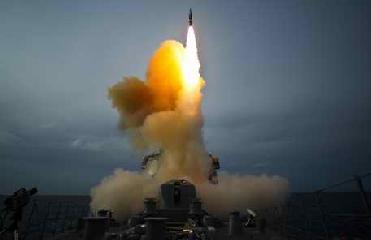 Previous Article
Previous Article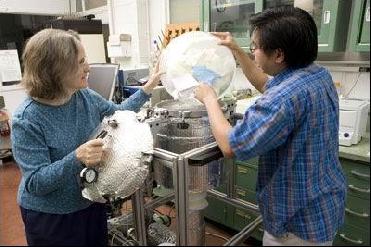 Next Article
Next Article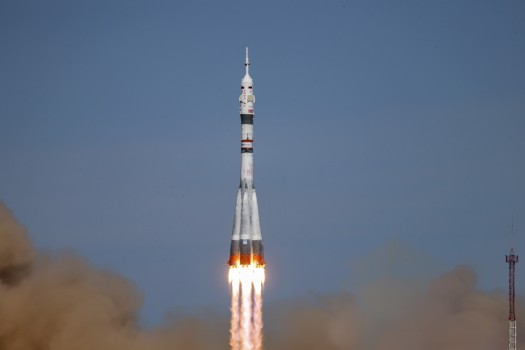

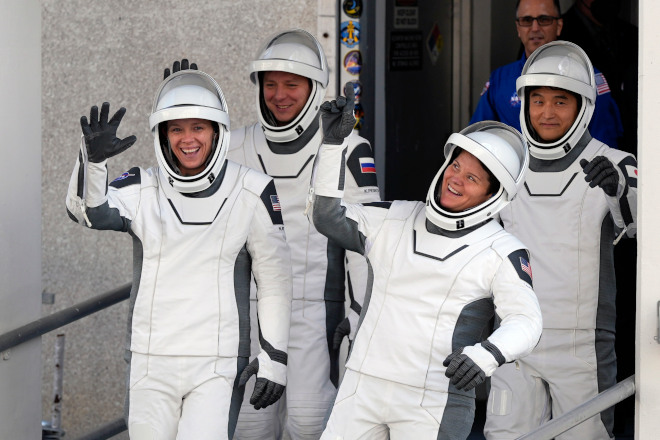











The Indian Air Force, in its flight trials evaluation report submitted before the Defence Ministry l..
view articleAn insight into the Medium Multi-Role Combat Aircraft competition...
view articleSky enthusiasts can now spot the International Space Station (ISS) commanded by Indian-American astr..
view article